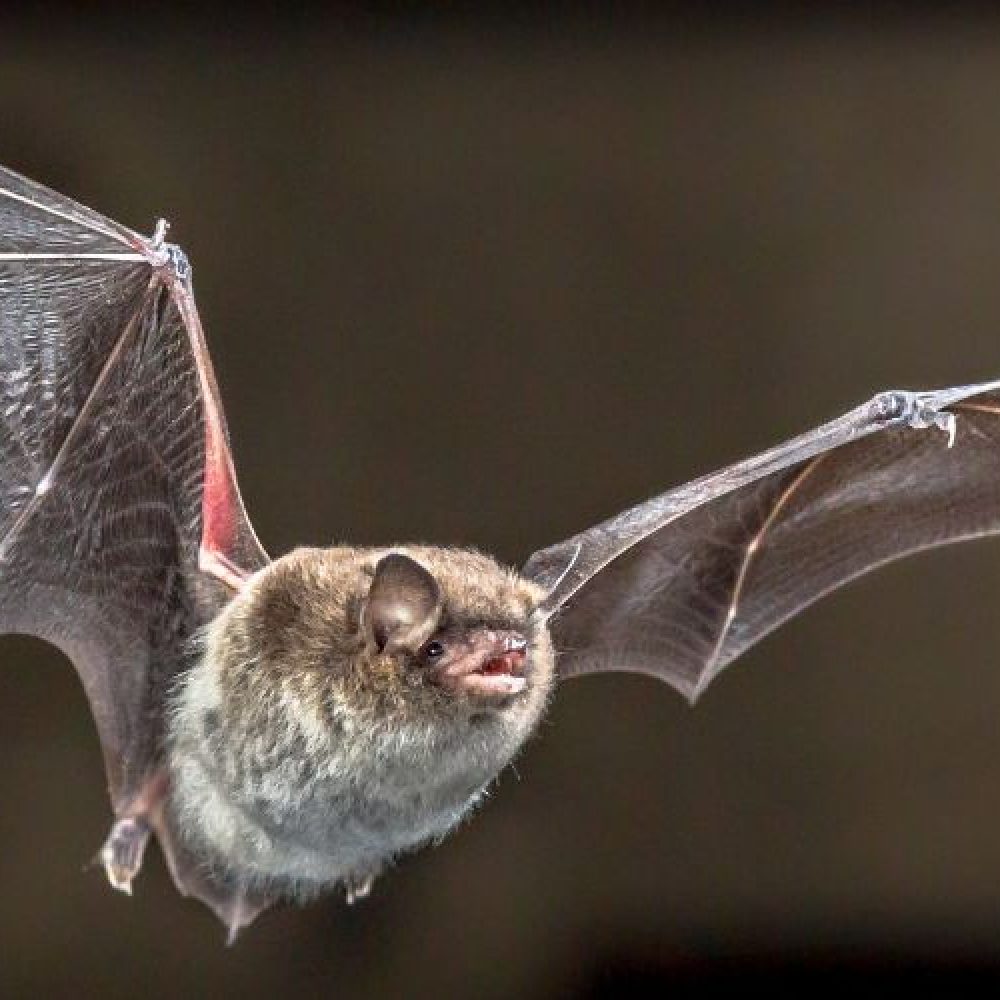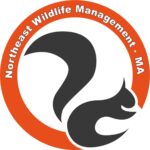How to Tell if Bats Are in Your Attic (and What to Do About it)
Bats like the Little Brown Bat and the Big Brown Bat will commonly squeeze through tiny gaps and cracks in your roofline, gable vents, and soffit to gain access to your attic space. Once inside, these bats will roost together in colonies and deposit large amounts of urine and guano into your attic insulation, which can create significant damage as well as health risks. Identifying a bat problem early is key to stopping the problem in its tracks. North East Wildlife Management can help, we offer safe, legal bat in attic removal services in Massachusetts. Contact our team today to get started with a FREE estimate at (781) 381-4088!

Common Signs You Have Bats in Your Attic in Massachusetts:
- Squeaking or rustling sounds at dusk or dawn: bats are nocturnal, so right before the sun goes down or right as the sun rises is when you will most commonly hear them waking up, moving around, and leaving/returning to the attic
- Stains or streaks near roof edges or soffits: these are caused by grease and oil on the bat’s fur brushing against the entry points as they exit and enter
- Strong ammonia-like odor: caused by accumulation of guano and urine
- Droppings on attic insulation or window sills: bats roost upside down, and deposit piles of droppings onto whatever is directly below
- Sudden appearance of one or more bats inside the home: indicates that a bat has found its way from the attic into the living space of the home
Why Bats Choose Attics
Bats choose attic spaces to roost in because they provide warm, dark, often undisturbed shelter, similar to their natural habitats of caves and tree hollows. Bats can be found in the attic all times of the year, but typically choose to roost inside attics before hibernation, or directly preceding maternity season (May-August), when they settle down to give birth and rear their pups.
Bats can squeeze through the tiniest gaps, including loose flashing and shingles, gable vents, holes in the soffit, and any other opening they can find. Massachusetts is home to older homes, barns, and plenty of buildings with colonial-style roofs that create ideal roosting sites for bats.
What to Do If You Suspect Bats in the Attic
If you suspect bats are roosting inside the attic make sure that you:
- Don’t try to seal entry points immediately: this might end up trapping the bats inside your attic, making the problem worse.
- Avoid handling bats or disturbing their roost: Since bats are protected in Massachusetts, bat exclusions are only advised during early spring (May) or late summer (August 1–mid-October). Exclusions during the maternity season (June and July) are strongly discouraged, as they may unintentionally trap flightless young and jeopardize colony survival.
- Call a licensed bat removal professional like North East Wildlife Management: calling our team can ensure that bats are taken care of humanely, solving your problem while complying with local and state laws.
How Professional Bat Removal Works
The first step to professional bat removal is the inspection, where one of our licensed wildlife control operators will identify the entry points, where the bats are roosting, and where the guano piles are. Next, we will begin exclusion, installing one-way exit doors that allow bats to leave the attic, but not get back inside. The next step is sealing off and repairing all the access points, to ensure that bats cannot return to the attic in the future. Finally, we clean up the guano and deodorize the attic space, getting your home back in shape.
Best Bat in Attic Removal Service in Massachusetts
If you need bat in attic removal services in Massachusetts, look no further than the wildlife technicians at North East Wildlife Management. Our team has years of experience removing bats and other nuisance critters from homes and businesses in Massachusetts, so you can trust our expertise to solve your problem effectively. We are fully licensed and insured, and we only utilize humane bat removal methods that comply with federal and state laws and regulations surrounding bats. Contact Northeast Wildlife Management today to start the bat removal process at (781) 381-4088!
Frequently Asked Questions
The cost is variable, depending on several different factors. This is why we offer FREE inspections, so we can check everything out, determine the cost, and provide you with an estimate.
Yes, bat guano and urine can soil and compact your insulation, lowering its effectiveness at resisting heat.
Yes, guano can still spread the spores that cause histoplasmosis.
Yes, as long as it is not during the bat maternity season (May-July).
